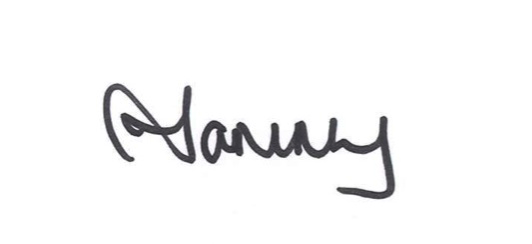
One of the perceptions of leadership of any kind is that the higher you go, the more perfect you need to be. Or, that you need to hide your vulnerabilities or failings from others so that they are not visible or obvious.
And it’s true that it is a rare leader who will openly talk about what they are not good at. It’s rare that they will show vulnerability.
The irony of course is that we trust those that show vulnerability. The CIPD/University of Bath report on leadership and trust had this to say:
In order to build trust relations with their followers, leaders need to operate in a space of trust, essentially the environment where trust between leaders and followers can flourish. One critical element that we are proposing in underpinning this space is the reciprocity of vulnerabilty which describes that both the leader and the people working with them for the need to feel trusted as well as trust others.
Brene Brown has also done a lot of work in this space; equating vulnerability with courage, rather than weakness. You can watch her video here (it’s only a few minutes long and you’ll be really glad you did!)
She says vulnerability is “the willingness to show up and be seen, even when they are no guarantees.”
Think about the leaders who have made the most impression on you. I am willing to bet that there was something about their humanity, the way that they related to people, the way that they showed that they were human which appealed.
I would like to share a beautiful example of this from a recent school meeting where my big girl’s teacher was discussing the year ahead. She talked about what was important to her as a teacher and from a learning perspective. She then went on to share that she held being able to spell as a key skill for her classroom and beyond, despite the fact that she herself was a dreadful speller. You might think that this would have damaged her reputation in the eyes of her students and/or their parents, but the reverse was true. She showed honesty, vulnerability and a bit of herself. If anything, it set the year up with a degree of trust and honesty.
There’s lots written on the evolution of organisations and leadership, and how at one point, the “leaders” were thought of on some sort of mythical pillar of godliness. But that’s not true these days. Setting yourself up on a pedestal of perfection only leads to one place, and that is almost always a fall from said pedestal.
Now I am not suggesting that you need to go around self flagellating or describing how rubbish you are at everything. That’s very likely to lead to a bad result too.. But rather, that you look for ways that you can show who you are – the good, the bad and the real, with your team.
So, this week, look for ways that you can build trust with your team. Look for ways that you can be vulnerable, human and honest. The research, both quantitive and anecdotal says that this will be a good thing for your leadership stocks. So, give it a go and report back if you’re feeling courageous.
Until next week, happy leading.


